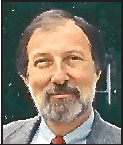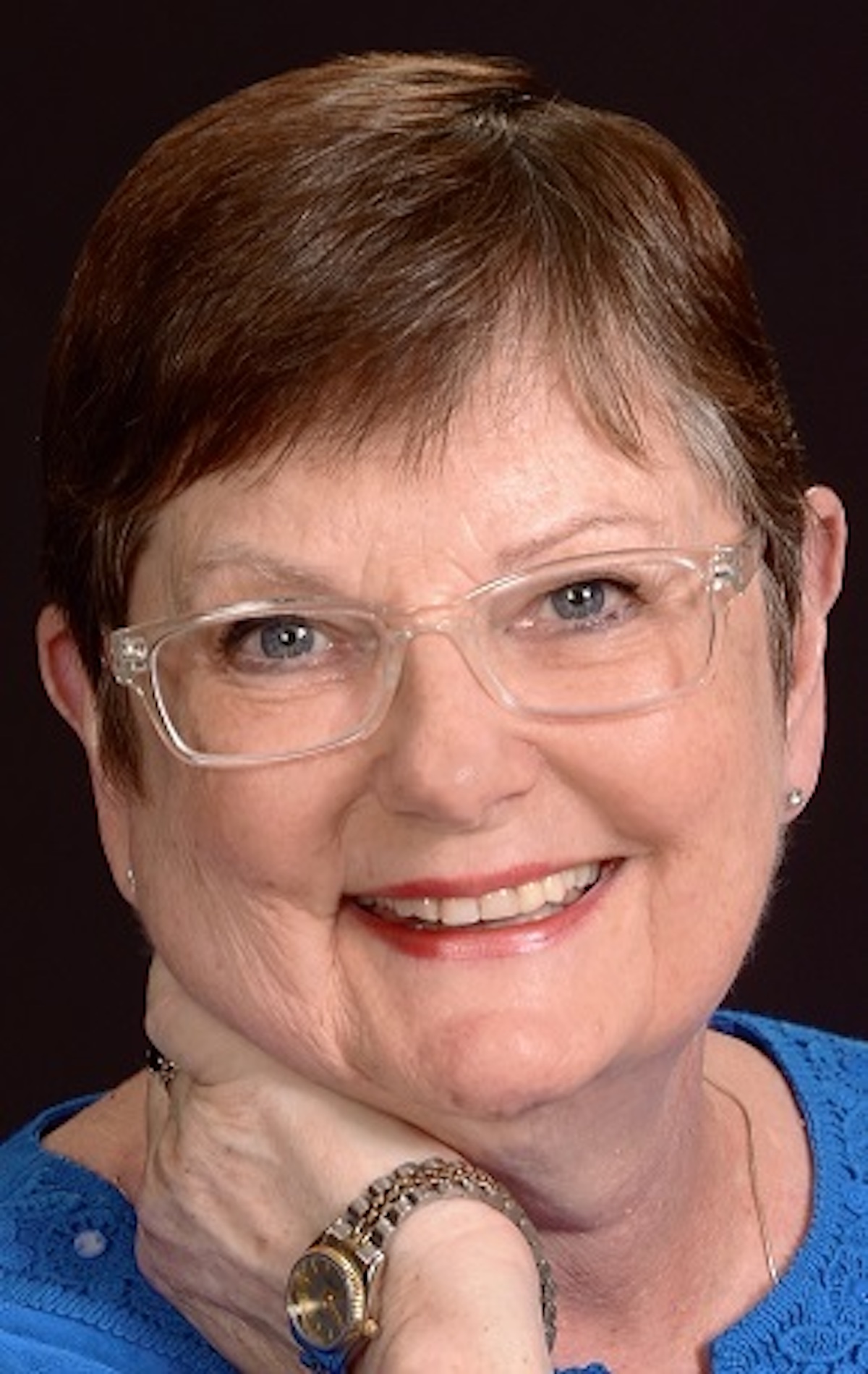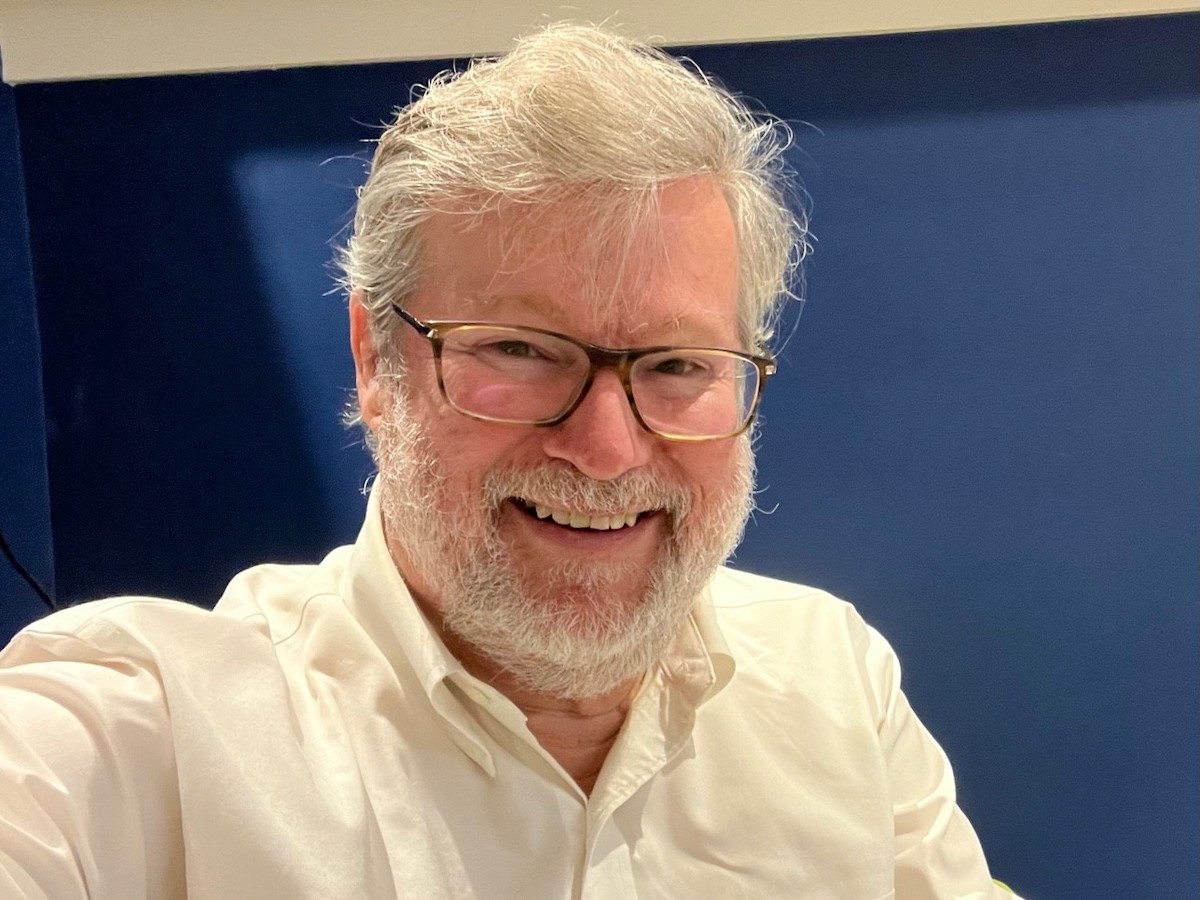By Joann Orischak
Last month, the Beaufort County Council voted 7-4 to place a 1 percent local-option sales tax (LOST) on the November ballot. While this proposal has been debated multiple times in the last decade or so, County Council finally determined voters should have a say.
I’m not here to impose my thoughts on whether the LOST is worthy of your support or disapproval, but history has shown that citizens have not had an appetite for this particular tax for many reasons.
Still, Beaufort County municipality leaders have spoken with one voice on the merits of this tax to fund projects that have fallen through the cracks.
The public is capable of discerning the County’s needs and weighing in accordingly. In 2018, Beaufort County voters saw fit to implement a penny sales tax based on the information before them.
So why has the LOST been so hard to digest?
Some will tell you it hurts our lower socio-economic population, while others point to its lack of specificity. The LOST has no expiration date and is short on details regarding how municipalities will direct funds. The result: the public is left to trust how local leaders will channel millions in taxpayer dollars.
No one needs another dissection of voters’ faith (or lack thereof) in their elected representatives. Rather, my focus here is on our elected representatives’ mistrust of citizens. Trust is a two-way street between voters and those we’ve chosen to uphold our best interests.
In a May 11, 2021 news interview with WSAV, Bluffton Mayor Lisa Sulka included in her statements regarding the LOST, “… and I think we’ve really earned the trust of our residents to see where we’re putting our money responsibly.”
That may very well be true. However, while simultaneously holding out a hand seeking voter consideration, the other hand later that same day shut its doors to in-person attendance to the Bluffton Town Council meeting. There may have been a reason for the Bluffton Town Council to restrict attendance that day, but according to news reports, no reason was provided in advance of the meeting. The public was left to participate remotely.
Why weren’t residents trusted to attend THEIR public meeting in person, or at the very least, understand why they could not?
The Island Packet/Beaufort Gazette reported on the April 13 Beaufort County Council meeting where Council voted to revise the County’s uniform Freedom of Information Act policy. The Council carefully considered a S.C. Attorney General opinion which discouraged the Council’s proposed requirement to seek a signed affidavit prior to certain public records requests.
The Council ultimately substituted the signed affidavit language for “Commercial Solicitation Statement,” but the end effect sent the same message. The added stipulation, which is contrary to the spirit of the AG’s guidance and bucks common practice throughout S.C., limits access to public information.
Why must our County impose more stringent requirements for the release of public information compared to other S.C. geographies?
When our elected representatives insulate themselves and guard public information from those who elected them, they reveal mistrust of the very people they serve.
If our local leaders want voters to trust their proposals, they need to include us in the processes (see administrative leadership selections) and tear down unnecessary roadblocks. In marginalizing the public now, our public officials are gambling at the polls later.
JoAnn Orischak served as the District 11 Representative to the Beaufort County Board of Education from 2012-2020. She resides on Hilton Head Island and can be reached at JoAnnOrischak.TheIslandNews@gmail.com.







